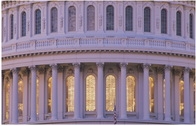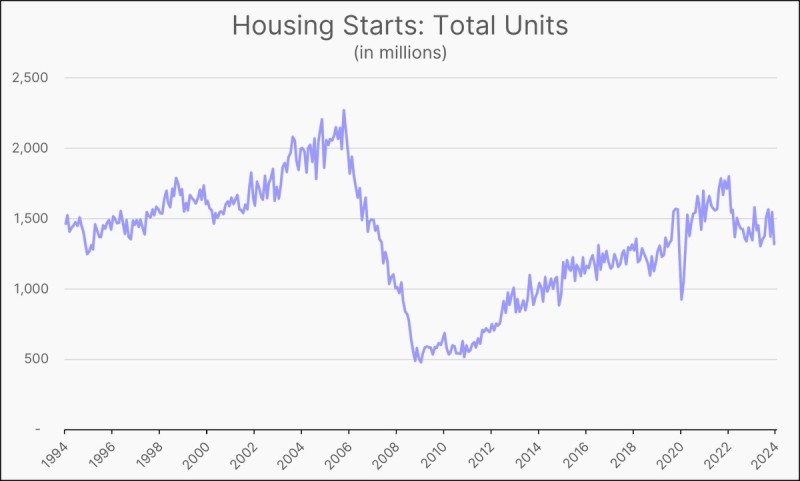Advertisement
Appraisal Trade Group Warns Congress of Pending Dangerous Regulations

Warning that a “new and excessive” form of regulation is about to be enacted without Congressional authorization, Sara W. Stephens, MAI president of the Appraisal Institute told lawmakers that such a scheme could damage the valuation profession. Stephens testified to a Capitol Hill hearing that, although appraising is the most heavily regulated activity within the mortgage and real estate sectors, appraiser regulatory agencies are planning to enact further changes that would threaten to tie the hands of appraisers, curtail innovation and increase regulatory burdens on appraisers and financial institutions.
“This is a dangerous and unjustified move that risks hamstringing and jeopardizing the real estate appraisal profession altogether,” Stephens said in written testimony to the House Committee on Financial Services’ Subcommittee on Insurance, Housing and Community Opportunity, adding, “The regulatory burden for appraisers is on the cusp of being expanded exponentially.”
Stephens was referring to The Appraisal Foundation’s creation of a new Appraisal Practices Board delving into appraisal practice matters without Congressional authorization. The Foundation does not have authority to codify appraisal methods and techniques, she said.
“Appraisal methods and techniques require judgment by the appraiser. It is assumed that the appraiser has been thoroughly trained to judge appropriate situations. The choice of methods and techniques are the responsibility of the appraiser in the development of his/her scope of work,” Stephens’ testimony said.
For instance, whether to use reproduction cost or replacement cost or when and how to adjust for sales concessions are dependent on the actions of the marketplace and should not be mandated by a body such as the Appraisal Practices Board, Stephens stated. Since real estate property types and markets are extremely diverse, hard “rules of thumb” do not work within valuation because there always is an exception to the rule, she noted.
The Appraisal Institute offered a seven-part legislative proposal to realign the appraisal regulatory structure to focus oversight and declining enforcement resources where they are needed most; to eliminate or curtail rules that hamstring the appraisal process; and to support full consumer disclosure of fees relating to appraisal management processes.
The Appraisal Institute offered the following recommendations to Congress:
1. Realign the appraisal regulatory structure with those of other industries in the real estate and mortgage sectors.
2. Protect the independence of the appraisal standards-setting process and require that appraisal standards for federally related transactions be issued by an entity that does not develop or offer education for appraisers.
3. Establish limitations around the Appraisal Practices Board: No tax dollars should be used to fund this venture; voluntary guidance should be just that–voluntary; states should be restricted from codifying voluntary guidance into state law or regulation, and the Appraisal Standards Board should be prohibited from specifically referencing its works within the Uniform Standards of Professional Appraisal Practice; and establish meaningful oversight over the de facto regulatory actions of the Foundation.
4. Reiterate that the Foundation does not have legislative authorization in the area of “methods and techniques” and “appraiser education.”
5. Establish laws that empower state appraisal boards to conduct thorough and fair investigations and to prosecute meaningful complaints involving appraisers. Ensure that appraiser licensing fees are used by state appraiser regulatory agencies for oversight and enforcement through dedicated funds.
6. Authorize Fannie Mae, Freddie Mac and other agencies, such as the Federal Housing Administration and the Veterans Administration, to halt purchase or guarantees of loans in states that maintain deficient appraiser regulatory regimes.
7. Ensure that ongoing federal support for Fannie Mae and Freddie Mac or a future related organization maintains consistent appraisal rules like FHA and VA. Establish a rulemaking process to clarify how appraisals may be used in “subsequent transactions” such as refinancing and loan modifications.
About the author





